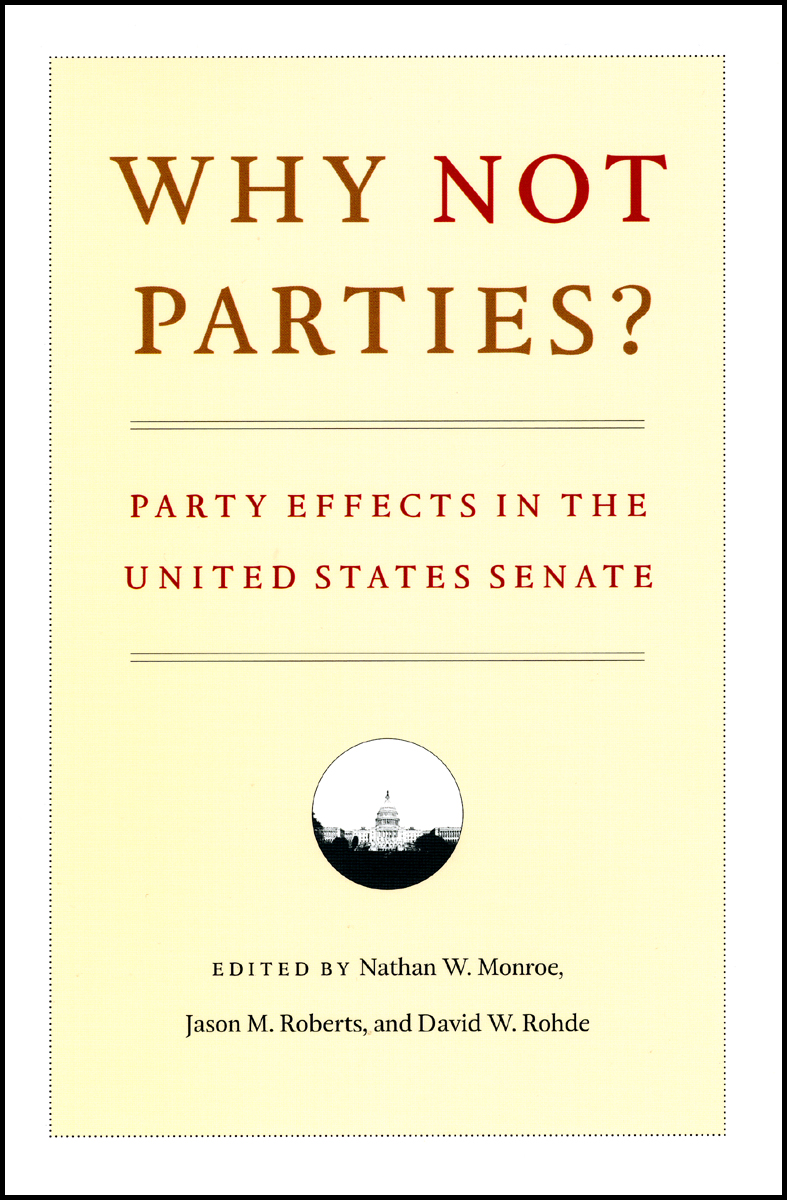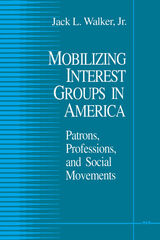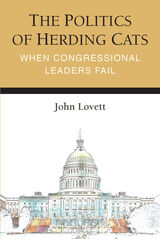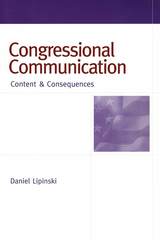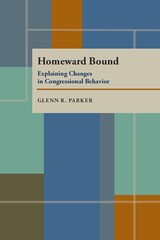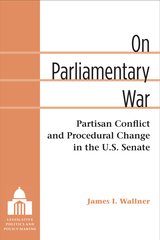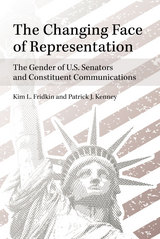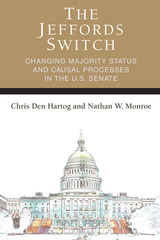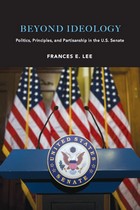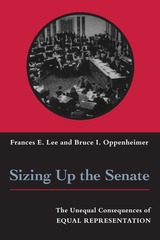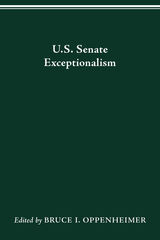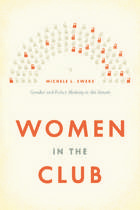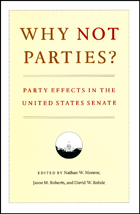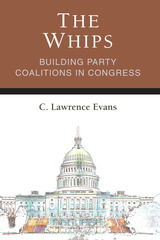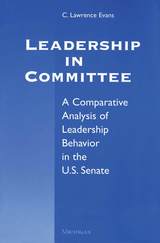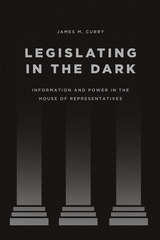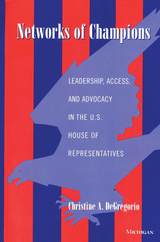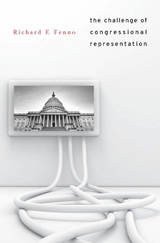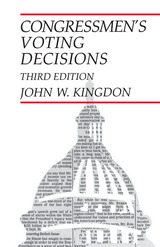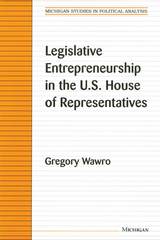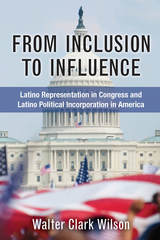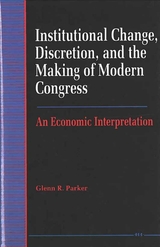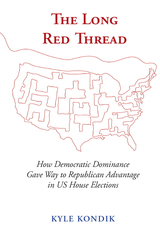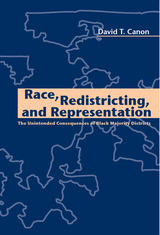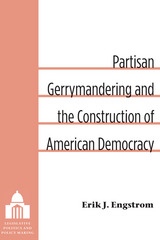Why Not Parties?: Party Effects in the United States Senate
University of Chicago Press, 2008
eISBN: 978-0-226-53494-7 | Paper: 978-0-226-53489-3 | Cloth: 978-0-226-53487-9
Library of Congress Classification JK1161.W54 2008
Dewey Decimal Classification 328.730769
eISBN: 978-0-226-53494-7 | Paper: 978-0-226-53489-3 | Cloth: 978-0-226-53487-9
Library of Congress Classification JK1161.W54 2008
Dewey Decimal Classification 328.730769
ABOUT THIS BOOK | AUTHOR BIOGRAPHY | REVIEWS | TOC | REQUEST ACCESSIBLE FILE
ABOUT THIS BOOK
Recent research on the U.S. House of Representatives largely focuses on the effects of partisanship, but the strikingly less frequent studies of the Senate still tend to treat parties as secondary considerations in a chamber that gives its members far more individual leverage than congressmen have. In response to the recent increase in senatorial partisanship, Why Not Parties? corrects this imbalance with a series of original essays that focus exclusively on the effects of parties in the workings of the upper chamber.
Illuminating the growing significance of these effects, the contributors explore three major areas, including the electoral foundations of parties, partisan procedural advantage, and partisan implications for policy. In the process, they investigate such issues as whether party discipline can overcome Senate mechanisms that invest the most power in individuals and small groups; how parties influence the making of legislation and the distribution of pork; and whether voters punish senators for not toeing party lines. The result is a timely corrective to the notion that parties don’t matter in the Senate—which the contributors reveal is far more similar to the lower chamber than conventional wisdom suggests.
See other books on: Congress | Legislative Branch | Political Parties | Senate | United States. Congress. Senate
See other titles from University of Chicago Press
